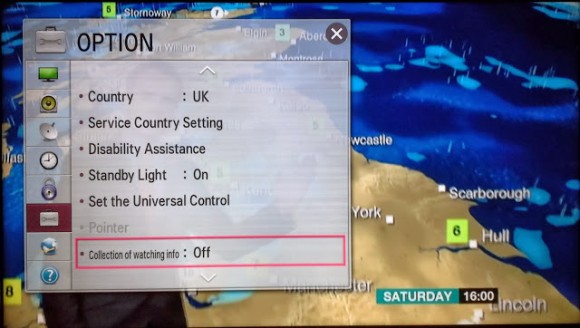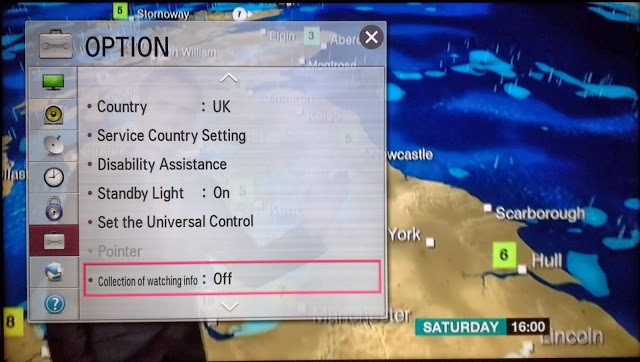aNewDomain.net –HP published research showing insecurity of 70%
of Internet of things devices.”About 70 percent of Internet of things devices—including sensors and connected infrastructure—have vulnerabilities that could be exploited, according to Hewlett-Packard. HP’s data is based on it Fortify division and a scan of 10 of the most popular Internet of things devices. HP found 25 vulnerabilities per device. These devices included TVs, Webcams, thermostats, remote power outlets, sprinklers, door locks, home alarms, scales and garage openers.
The findings, assessed based on the OWASP Internet of Things Top 10 list and vulnerability categories, account for the devices as well as cloud and mobile applications connected to them.
The Internet of Things (IoT) is all the rage.Security seems to be the last concern of this new group .Google and Cisco, among others, often rage the hardest. Now Cisco, with a large contingent of tech industry titans, has formed an official IoT group. Its slogan? “Technology leaders drive industry ecosystem to accelerate more reliable access to big data to unlock business value.” Get ready for entirely new connected tech.” see http://www.zdnet.com/internet-of-things-big-security-worry-says-hp-7000031982/

Image Credit: Industrial Internet Consortium
“Looking to turn the concept of the Internet of Things (IoT) into something that more closely resembles an actual platform of developing interoperable applications, IBM, GE, Intel, Cisco and AT&T announced today that they are coming together to form an Industrial Internet Consortium (ICC).”
Will the Titans Provide an Opt-out Option?
Soon data snatchers like these corporations, through the IoT, will not give you an option to log off — you will be connected regardless of personal preference to the ever-functioning (24/7) data stream. See the infographic about the Internet of Things below the fold, and find out why $14.4 trillion is at stake.
Corporations pushing the IoT want consumers to be tracked — through their toaster, refrigerator or vacuum cleaner, their TV, thermostat and car. These corporations want personal and private data all the time, no strings attached. The Cisco vision, as described in December, is:
‘We estimate that only one percent of things that could have an IP address do have an IP address today, so we like to say that ninety-nine percent of the world is still asleep,’ Padmasree Warrior, Cisco’s Chief Technology and Strategy Officer, told the Silicon Valley Summit in December. ‘It’s up to our imaginations to figure out what will happen when the ninety-nine percent wakes up.’ “
The Techno Nightmare
In the U.S., the IoT is clearly taking off. Just follow the Google purchase of NEST and Cisco’s clear strategy to get an idea of the future of tech:
Security concerns surrounding the Internet of Things (IoT) is a topic that’s beginning to gain quite a head of steam lately, and for good reason. But it’s also important to note that IoT can dramatically improve the overall security posture of your organization.”
For more, read the full Beyond Security Concerns: IoT Also Provides Security Benefits!
This, of course, means that the big corporations will come out with a great deal, while you, the engaged citizen, are still on your own.
Or, as Catherine Crump & Matthew Harwood from the ACLU framed it:
Techno-evangelists have a nice catchphrase for this future utopia of machines and the never-ending stream of information, known as Big Data, it produces: the Internet of Things. So abstract. So inoffensive. Ultimately, so meaningless… and one more thing: in cyberspace it is at least theoretically possible to log off. In your own well-wired home, there will be no ‘opt out.’ “
For more on Crump and Harwood’s thoughts, click here.
LG TV IoT Blues
Many of these IoT concepts are not just ideas, they are very real. Take the home theater industry and what smart TVs are actually capable of. DoctorBeet, a tech blogger, found out that his LG TV constantly transmits info about him.

Image credit: DoctorBeet
After some investigation, I found a rather creepy corporate video (since removed, mirror here) advertising their data collection practices to potential advertisers. It’s quite long but a sample of their claims are as follows:
LG Smart Ad analyses users favourite programs, online behaviour, search keywords and other information to offer relevant ads to target audiences. For example, LG Smart Ad can feature sharp suits to men, or alluring cosmetics and fragrances to women. Furthermore, LG Smart Ad offers useful and various advertising performance reports. That live broadcasting ads cannot. To accurately identify actual advertising effectiveness. In fact, there is an option in the system settings called ‘Collection of watching info’ which is set ON by default. This setting requires the user to scroll down to see it and, unlike most other settings, contains no ‘balloon help’ to describe what it does.”
DoctorBeet could not turn the info-stream off. He was forced, as the rest of us could be, into a 24/7, no-opt-out stream of data collection.
When the Peeping Toms of the twenty-first century come packaged in glossy, alluring boxes. Many people will just be doing what Americans have always done — upgrading their appliances. It may not initially dawn on them that they are also installing surveillance equipment targeted at them. And companies have obvious incentives to obscure this fact as much as possible.”
For more risks about and the future of the IoT see the infographic below. It says “On the Internet, no one knows you’re a toaster.”
For aNewDomain.net, I’m David Michaelis.
Based in Australia, David Michaelis is a world-renowned international journalist and founder of Link Tv. At aNewDomain.net, he covers the global beat, focusing on politics and other international topics of note for our readers in a variety of forums. Email him at DavidMc@aNewDomain.net.

Image Credit: bestcomputersciencedegrees.com













